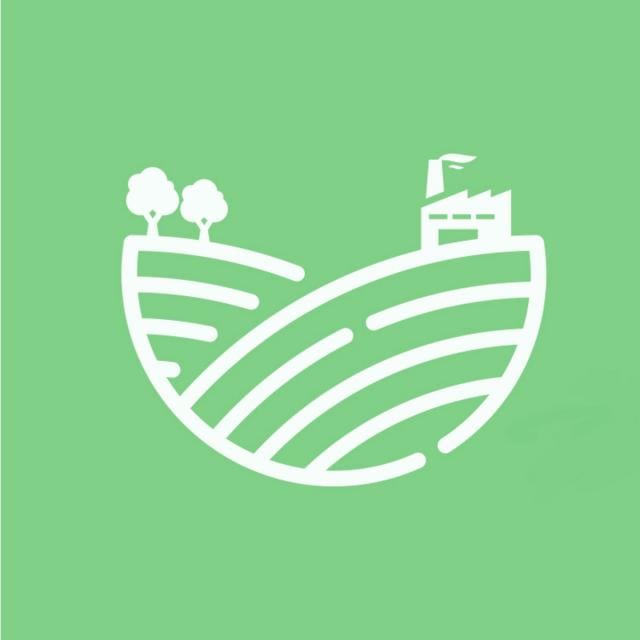
This course was created by the ENABLE consortium: Commonland, United Nations University Land Restoration Training Programme, Spanish National Research Council CSIC, Nova School of Business & Economics, Rotterdam School of Management, and Erasmus University.
Building on our ENABLE’s first MOOC "A Business Approach to Sustainable Landscape Restoration", this second MOOC focuses on the potential for a positive role of business model innovation for landscape restoration, highlighting the following elements:
- Vision Formulation
- Systems Analysis
- Stakeholder Analysis
- Opportunity Analysis
- Business Model Design
- Solution Validation
- Assessment & Monitoring
- Reflection & Iteration
This new course furthermore takes a partnership approach to take on the challenge of large-scale landscape restoration, reflecting the interconnectedness of ecology, society and economy in landscape management.
Interdisciplinary teams are needed to find and implement solutions to the wicked problem of landscape degradation, which is why this MOOC is designed to work preferably with a team. If it suits your circumstances best, you can certainly also work individually.
We have included three real-life cases of existing landscape restoration projects. For each step of the innovation process, we zoom in on those landscapes to show you how the theory looks in practice.
A case about the Hekluskógar woodlands restoration project, an ambitious large-scale restoration project in Iceland to restore the provision of valuable ecosystem services and increase resilience to natural disasters like tephra deposition from volcanic eruptions; a case about diversification of land use and cropping systems in Spain to prevent land degradation and help restoring already degraded land; and a case about the disastrous effects of forest fires in Portugal.
Additionally, MOOC participants are provided with other examples around the globe and numerous resources, such as reports, videos and platforms revolving around the business rationale for sustainable land management and business model innovation for landscape restoration.
Syllabus
WEEK 1
Vision Formulation
We are in phase 1 of the sustainable business model innovation process. Week 1 introduces you to the problem of landscape degradation and the process of landscape restoration. You will also learn about the role of business models in landscape restoration and how important visions are for sustainable business model innovation. We will introduce you to our 3 practical example cases of landscape restoration. Each of these cases has encountered different problems related to landscape degradation and formulated innovative solutions by using the approach set out in this MOOC: the power of sustainable business models to successfully restore natural environments.
WEEK 2
Systems Analysis
Week 2 is all about systems thinking. In our practical example cases you will see how diversified crop systems can help in Spain, and how birch woodlands can improve the resilience of the system. You will learn how to conduct a systems analysis for your chosen landscape degradation challenge.
WEEK 3
Stakeholder Analysis
In this week you will learn what stakeholders are and why they are important. At the end of week 3 you can then conduct your own stakeholder analysis of your chosen landscape degradation challenge.
WEEK 4
Co-Creation and Opportunity Analysis
In week 4 we enter the second phase of the sustainable business model innovation process - designing. In this phase we move from forming an understanding of the problem and what means we have available, to generating ideas for new business model solutions. In week 4, the focus is on co-innovation networks and captured and destroyed value.
WEEK 5
Business Model Design
In week 5 you will learn about business models and the triple-layered business model canvas. You will also see the triple-layered business model canvas applied to all of our three cases.
You reach the point now where you will select a business idea and complete your own triple layered business model canvas.
WEEK 6
Solution Validation
Week 6 is about assumptions and methods and how to validate them. You will see what methods the practical example cases in Spain and Portugal used. This week then allows you to start testing your own business idea on a small scale.
WEEK 7
Assessment and Monitoring
In week 7 we enter the third phase of the sustainable business model innovation process - implementing. You will learn about assessment and monitoring tools such as financial analysis, 4 Return Model, key performance indicators and scenario analysis. The cases in Portugal and Iceland serve as examples of how these can be implemented.
WEEK 8
Reflection and Iteration
This last week allows you to reflect upon the previous weeks that you followed during this MOOC: What did you learn and what actions will you take next? You can also connect to a community of practitioners in the Business 4 Landscapes LinkedIn group: share your ideas and keep learning with others!
